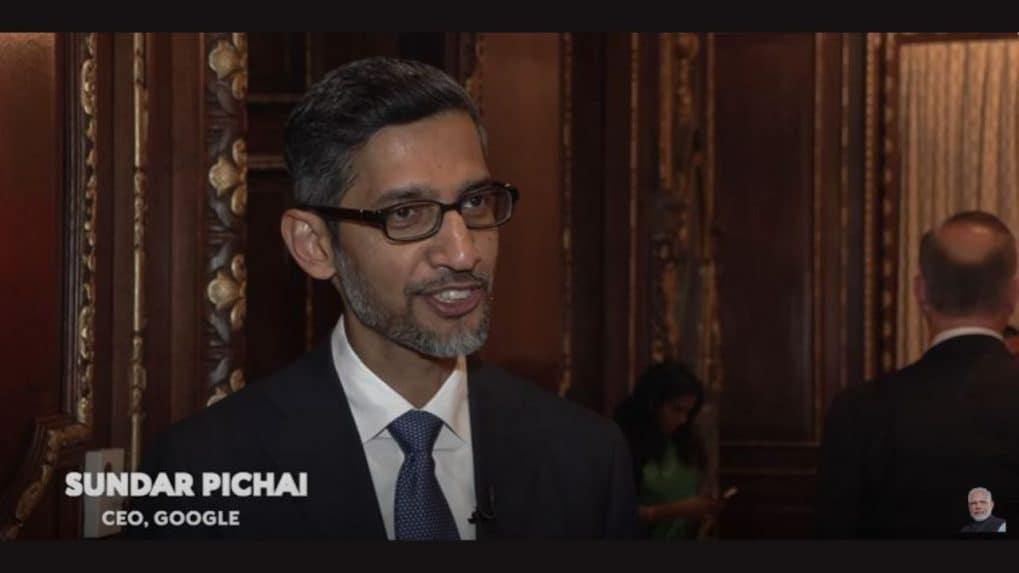Brand Makers
Dil Ka Jod Hai, Tootega Nahin

In a significant roundtable meeting of prominent CEOs of Tech Companies with Prime Minister Narendra Modi, Google CEO Sundar Pichai praised the Indian leader's vision for a digitally empowered nation.
Speaking after the meeting, Pichai emphasized PM Modi's dedication to the #DigitalIndia initiative, stating, "The Prime Minister has been focused on transforming India, with his vision for a digital future."
Pichai expressed pride in Google's decision to manufacture its Pixel phones in India, highlighting the PM's push for more domestic production and design innovation.
"The PM has been focused on transforming India," Pichai stated, emphasizing Modi's vision for leveraging artificial intelligence to improve various sectors, including healthcare, education, and agriculture. He noted that the Prime Minister is also concerned with bolstering India's infrastructure, mentioning initiatives related to data centers and energy.
Pichai revealed that Google is heavily investing in AI in India, establishing several programs and partnerships aimed at maximizing the technology's benefits for the Indian populace. "He has always challenged all of us to do more for India," Pichai remarked, referring to Modi's call for increased contributions to the country's technological landscape.
As the dialogue around AI continues to evolve, Pichai's comments reflect a strong commitment to ensuring that technological advancements serve the people of India. "The Prime Minister has a clear vision for the opportunities that AI will create," he concluded, reiterating the importance of aligning technological progress with the welfare of the nation.
"The raucous, almost deafening, cuss words from the heartland that Piyush Pandey used with gay abandon turned things upside down in the old world order."
Read MoreFrom OpenAI’s ChatGPT-powered Atlas to Microsoft’s Copilot-enabled Edge, a new generation of AI-first browsers is transforming how people search, surf and interact online — and reshaping the future of digital advertising.